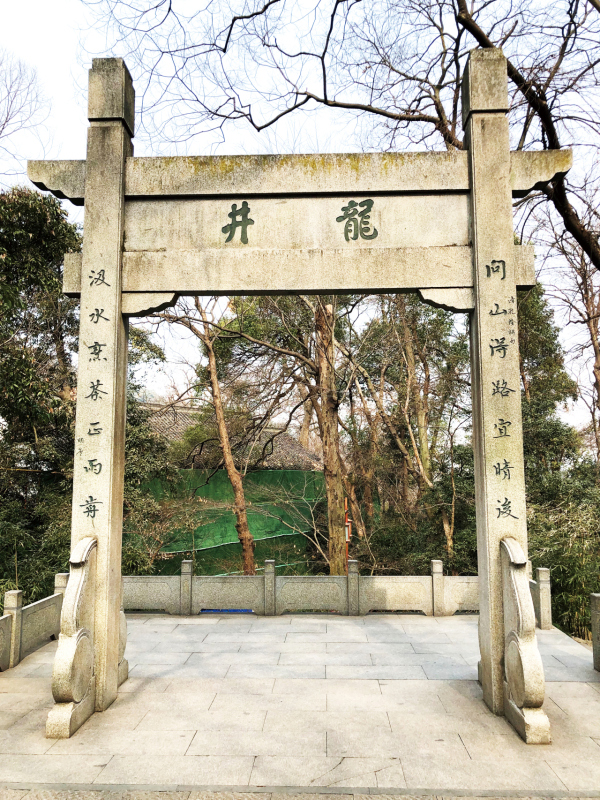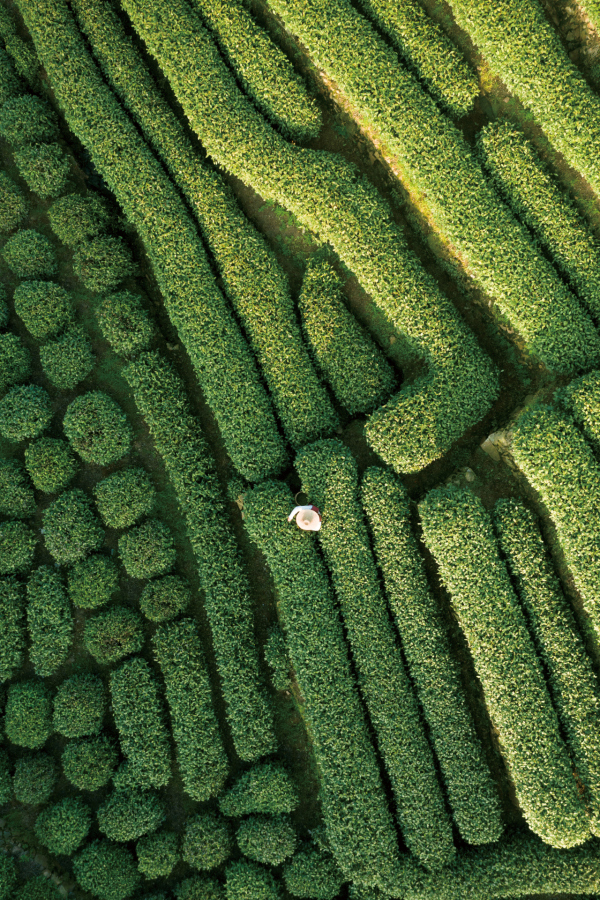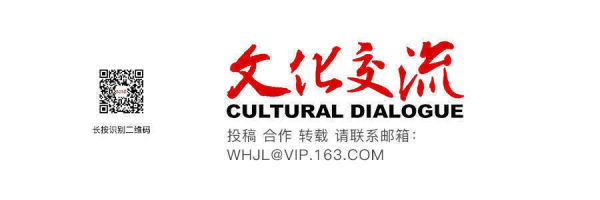When people speak of Longjing (or Dragon Well), what images pop into your head? Most probably tea. “What do you drink?” “I drink Longjing.” “Tea” is no longer needed here, for Longjing has long been synonymous with the tea taken from its name.
Longjing as a place has certainly gained much fame from its high-quality green tea. In fact, it was already quite well-known 1,000 years ago, thanks in part to its charming scenery and also to a monk and the temple he helped rebuild.
Popularly referred to as Biancai or Master Dharma Debater, a title bestowed by Emperor Renzong of Song (1010 1063), the monk was noted not only for his mastery of Buddhist knowledge and practices, but also for his poems. Indeed, he counted Su Shi (1037 1101), Qin Guan (1049 1100), Huang Tingjian (1045 1105), and other eminent poets among his close friends. Many believe it is Biancai’s close relations with those poets and his own poems on Longjing that have elevated the status of the place to unprecedented levels.
One of Biancai’s “Ten Poems on Longjing” writes:
Standing out among hills and mountains, Lion Peak it is called.
Roaring without any sound needed, it appears and disappears amid mist and cloud. (“The Lion Peak”)
Another writes:
Amid pavilions and stones, is hidden the mansion of a dragon’s.
The source of its clean spring never ends, for bountiful rains fall even in dry years.(“The Longjing Pavilion”)
Intentionally or not, these poems became the perfect “advertisements” for Longjing. Remember the last time when you read a story, watch a movie or learn of a famous person, you suddenly feel the urge to see for yourself the settings in which the story took place, the place where the movie was shot, or the surroundings in which he or she grew up? One example is the Cliffs of Moher in Ireland, which have stood there for millions of years. While already widely known, the cliffs gained significant increase in popularity once it was revealed that a scene of the Harry Potter movies was shot there.

Although we may never know exactly how many people went to Longjing after they read Biancai’s poems, those poems have undoubtedly helped boost the image of the place; for otherwise, the lyrical lines imbued with Buddhist connotations would have been long forgotten.
Born in Yuqian county (present-day Yuqian township, Lin’an district, Hangzhou city) in the year 1101, Biancai’s original name was Xu Wuxiang. The Xu family was known to be very generous and compassionate, regularly doling out food and money to the needy. Legend has it that on the day when Biancai was born, a visitor passing by the Xu family pointed at their house and said an auspicious light was rising, portending to the birth of an extraordinary man. When he was delivered, a strip of bulge could be seen on his left shoulder, similar to the silk linings on kasaya (robes worn by Buddhist monks). The bulge disappeared after 81 days; coincidently, Biancai also died when he was 81 years old (1091), a number that holds special significance in Buddhism.
When Biancai was 10, his parents sent him to Yuqian’s Mingzhi Temple on Xipu Mountain, where he obtained his dharma name Yuanjing. A smart and hardworking student, Biancai also benefited a lot through learning from several Buddhist masters. By 25, Biancai’s reputation had been well established, and Emperor Renzong of Song, after hearing of his moral integrity, bestowed upon him the title of “Biancai” and the purple kasaya, the color of the highest honor.
After serving as abbot in a few temples, Biancai came to the Longjing Temple in 1079. At the time, only a few dilapidated houses remained of the temple because of long disuse. Biancai took the challenge on the chin, repaired the premises, and revived the temple.
During his stay there until his death, Biancai grew tea on the nearby Lion Peak Mountain, which he often used to treat his poet friends and fellow monks, and was highly praised. This, according to some, was the earliest known Longjing tea, and Biancai therefore should be regarded as the “father of Longjing tea”. Later, Emperor Qianlong (1711-1799), who visited Longjing four times, wrote “Eight Scenery Poems on Longjing” in a similar vein to Biancai, in which he also spoke of the last phase of the monk’s life in Longjing.
Whether Biancai is the “father of Longjing tea” or not is still to be determined. What is certain is that when you drink the Longjing tea or visit Longjing next time, you may well remember Biancai and even his poems.

